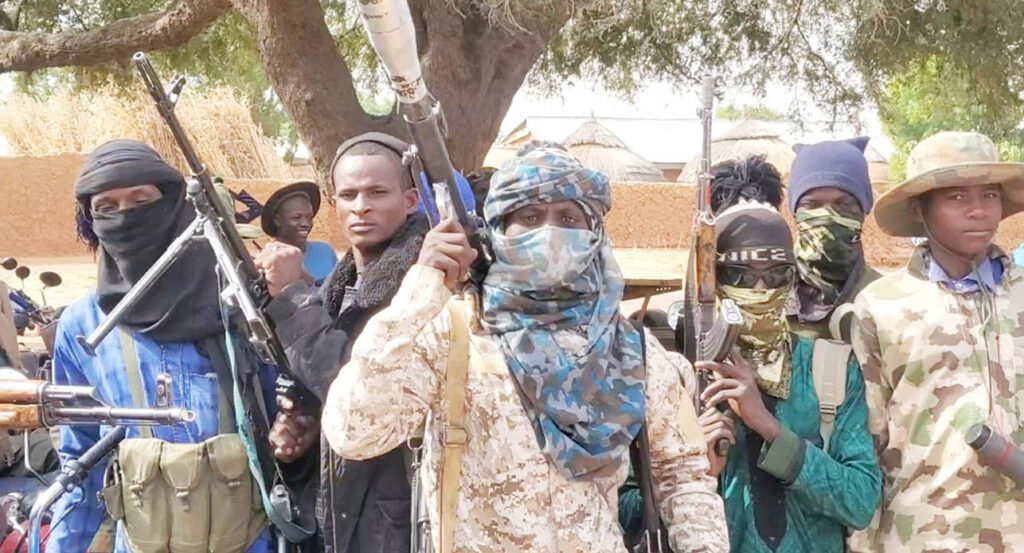Notorious terrorist leader, Bello Turji, has reportedly released 32 kidnapped victims and surrendered part of his weapon stockpile as part of a peace initiative brokered by Islamic clerics in Zamfara State.
The revelation was made by prominent Islamic cleric Musa Yusuf, popularly known as Asadus-Sunnah, during a religious gathering in Kaduna on Monday. He said the peace process followed several meetings held in July between clerics and Turji, alongside other notorious fighters operating in the Fakai forest, Shinkafi Local Government Area.
Yusuf explained that the initiative was launched by concerned residents of Shinkafi who appealed to the clerics to engage Turji in dialogue aimed at halting attacks and allowing farmers to safely return to their lands.
“We met with Turji, Dan Bakkolo, Black, Kanawa, and Malam Ila. Contrary to speculation, Dan Bakkolo is still alive. These men are key players in the region’s insecurity, and they all agreed to the peace proposals,” Yusuf said.
He emphasised that part of the agreement included an end to the killing or harassment of Fulani people in towns by vigilante groups.
READ ALSO: Troops kill Bello Turji’s son, several terrorists, rescue many hostages
“We agreed that the Fulanis must be allowed to go to town without being stereotyped or killed,” he added.
Yusuf noted that weapons were surrendered in three phases and residents have now resumed farming in areas previously under militant control. He also showed a video of the rough terrain that the 32 freed captives had to navigate on their way out of Turji’s camp.
However, he clarified that the clerics chose not to demand the total disarmament of Turji’s group to avoid leaving them vulnerable to rival factions that may not be part of the ongoing peace talks.
The negotiations are ongoing, with Yusuf and his team working to secure a full cessation of violence in the region. While the development has sparked cautious optimism, security analysts say it remains to be seen whether the initiative will hold in the long term.
Zamfara has been one of the epicentres of banditry and terrorism in northwestern Nigeria, with hundreds of communities displaced and farming activities severely disrupted in recent years.



